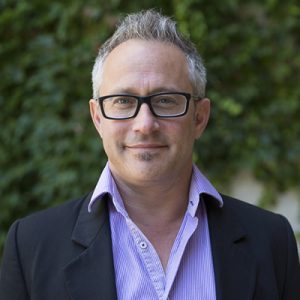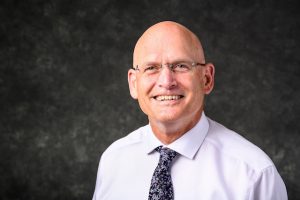Increasing Social and Economic Inclusion (ISEI)
Amplifying the Voices of Black/Latinx Communities in Policy Discussions
Principal Investigator:
Corey Jackson, assistant professor The Information School
Co-Investigator:
Kaiping Chen, assistant professor life sciences communication
A Mixed-Methods, Multi-Stakeholder Study to Understand and Improve Access to Post-Sexual Assault Care for Survivors of Color, LGBTQ+ Survivors, and/or Survivors Living in Poverty
Principal Investigator:
Kate Walsh, associate professor psychology
Co-Principal Investigator:
LB Klein, assistant professor of social work
Jeneile Luebke, assistant professor nursing
Detecting Discriminatory Listing Practices in Rental Housing Markets
Principal Investigator:
Lu Han, professor real estate and urban land economics
Co-Principal Investigator:
Christopher Timmins, professor real estate and urban land economics
Development of a Culturally and Linguistically Informed Pain Expression Library and Assessment Module for Asian Americans Using Artificial Intelligence
Principal Investigator:
Shinye Kim, assistant professor counseling psychology
Co-Principal Investigator:
Maichou Lor, assistant professor nursing
Root Causes of Stroke Risk Disparity in Wisconsin Native Americans
Principal Investigator:
Robert Dempsey, professor of neurological surgery
Co-Principal Investigator:
Carol Mitchell, associate professor of medicine (cardiovascular)
Co-Investigators:
Gloria Morel, assistant professor neurology
Umadevi Wesley, distinguished scientist III neurological surgery
Debra Danforth, health division director the Oneida Nation
Vivek Prabhakaran, professor radiology
Do Electoral Quotas for Women and Minorities Worsen Representation? Evidence from a Natural Experiment in India
Principal Investigator:
Rikhil Bhavnani, professor political science
Boosting Equitable College and Career Outcomes: A Research-Practice Partnership to Study a Scaled Pre-College Advising Strategy
Principal Investigator:
Taylor Odle, assistant professor educational policy studies



